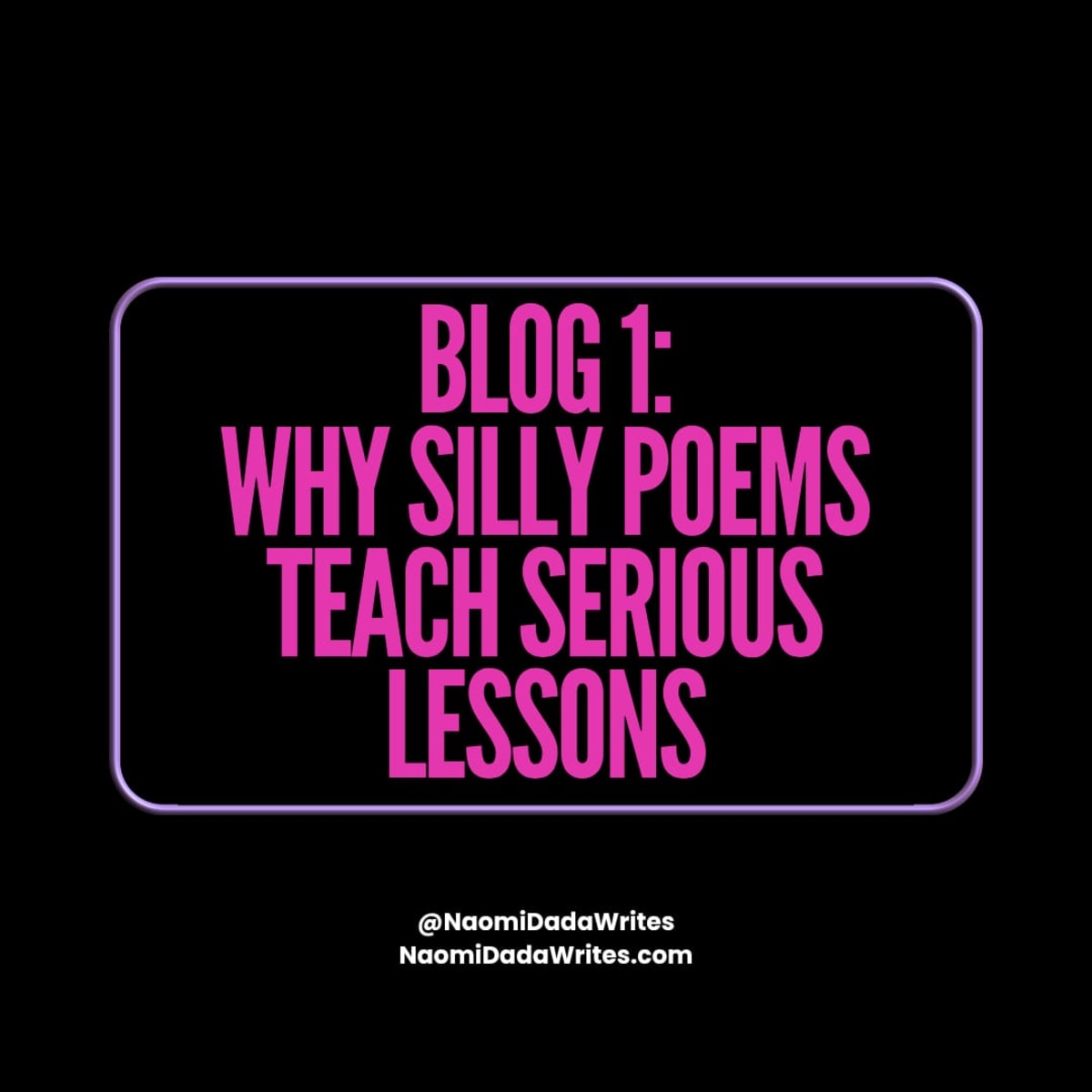
Giggles, rhymes, a dancing fish and barking dogs may seem playful, but they’re quietly building your child’s mind and heart.
What if I told you that the poem your child laughs at the most is the one doing the deepest developmental work?
In my children’s book My Sweet Poems, one of the most popular characters is Bingo, the mischievous dog who barks at everything! It’s a silly, funny poem that kids love. But here’s what many grown-ups miss: silly poems like this are not just about laughs. They are powerful tools for social learning, emotional safety, language development, and confidence building.
Let’s see why:
1. Laughter Builds Emotional Safety
Silly poems give children a sense of comfort. When a child laughs, they feel seen, accepted, and free to be themselves.
In “My Dog,” the barking becomes a shared joke. That shared joy becomes a memory. And in that memory, love and safety grow.
Silly poems allow children to express themselves without the fear of “doing it wrong.” That’s emotional freedom.
2. Rhyming and Mimicry Strengthen Language Skills
Poems with fun sounds encourage kids to join in, repeat, and mimic. This play with rhythm and rhyme isn’t just cute, it’s brain-boosting!
When your child repeats, they’re practicing sentence structure, vocabulary, and sequencing all through giggles.
3. Silliness Reduces Anxiety
Children, especially toddlers, deal with big emotions. Silly poems like “My Dog” teach that it’s okay to laugh at frustration or confusion. Bingo barks at silly things- and children relate.
When a child laughs at Bingo barking at the wind, they’re subconsciously learning to release tension. It’s a form of emotional regulation dressed in a dog costume.
4. Silly Scenarios Encourage Social Thinking
Why does Bingo bark so much? Should we laugh or be annoyed? These small questions open the door for discussions about empathy, patience, and humor.
Poems like this let children experiment with perspectives in a safe, humorous way.
5. Joy Makes Lessons Stick
Children don’t just learn through repetition- they remember what they feel.
Therefore, a giggle-triggering line becomes a mental anchor for language, emotion, and even values.
A poem that makes a child laugh is a poem they’ll ask to read again. That repetition builds confidence and memory.
Summary:
In summary, silly poems aren’t just for fun- they are how young children learn to feel, think, speak, and connect.
So the next time your little one bursts into laughter over our dear barking Bingo or a dancing fish, smile knowing this:
They are learning through joy.
And that might just be the most serious lesson of all.
If you are looking for silly poems that spark laughter and learning while teaching kids important values, then get your copy of My Sweet Poems by Naomi Dada today.
📚 Shop Now on Amazon. Link is available here at https://naomidadawrites.com/books
💌 Want more posts like this one?
Subscribe to my newsletter here on NaomiDadaWrites.com

